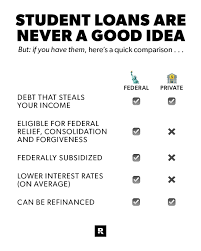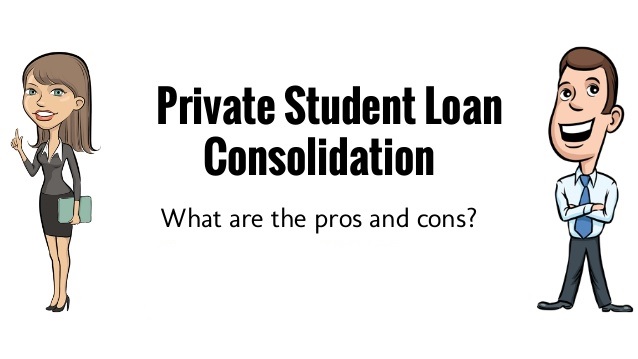
In this article we’ll go over why consolidation of your student loans is a smart move. It can lower your monthly payments, reduce your interest rate, and shorten the repayment period, to name a few benefits. But why is it so great for you? And how can you find the right program? Let’s examine the pros and cons of this loan consolidation method. It’s important to keep in mind that the best option may not be the right one for you.
Reduces monthly payment
A new loan can lower your monthly payment while increasing your borrowing capacity. You should research your options carefully before settling on a single lender. Choosing a new lender with lower fees and higher interest rate may be the most desirable option, but if you’re not sure, you can always go back to the original lender. In some cases, you can opt for a private loan with lower interest rates, but you may end up sacrificing better federal loan benefits.
While it’s true that a consolidation loan lowers the monthly payment, it’s important to note that the loan’s repayment term extends beyond the original ten-year plan. This extends the time period for the loan to pay off, which increases the total interest owed. As a result, your overall loan balance will increase. Although this could be a positive option, you should carefully consider all of your options before consolidating your student loans.
Lowers interest rate
Student loan consolidation is an option that is popular among students. The benefits of consolidating student loans include lower monthly payments, a lower interest rate and more money in your budget. However, if you have a high interest rate, it may not be a good option for you. Consolidation may not lower your interest rate because it only averages the interest rates from your existing federal loans, which can vary from 3% to over 8%. The most attractive option, however, is a private student loan from a reputable lender with a low APR.
The benefits of consolidating student loans are many. Although borrowers may think that consolidation will lower their interest rate, it will only lower the average interest rate of all the loans in the consolidation. The weighted average interest rate will be lower than the lowest or highest interest rate of your previous loans, but the total amount of interest paid over the lifetime of the loans will remain the same. In addition to this, there are no fees and no upfront costs. However, if you do opt to consolidate your loans, you should compare the interest rates of different lenders.
Shortens repayment period
For those who need to make one large payment every month, consolidation of student loans may be the best option. This process combines multiple student loans into one, often at a lower interest rate. The length of repayment time can be changed by changing the duration of the loan. Initially, you may opt for a 10 year payment plan, but later decide to change your payment plan to something more manageable. The benefits of consolidating student loans are numerous.
While federal student loan consolidation has several benefits, you should consider all the factors before deciding on this option. Federal student loan consolidation will simplify payments, offer a fixed interest rate, and may qualify you for certain federal programs. The downside of this option is the extended repayment period, which will ultimately increase your total interest. In some cases, a lower interest rate may be available by refinancing with a private lender, but you could lose federal benefits by doing so.
Lowers total repayment period
When you consolidate your student loans, you will have one single monthly payment to make instead of several. While consolidation can make your payment higher at first, the longer repayment period will reduce your overall interest cost. Additionally, you will have a lower monthly payment because the total loan amount will be smaller. However, be sure to check your eligibility before applying for consolidation. While the amount of money that you will save on interest costs is undoubtedly small, it may be more than you expected.
If you are unsure of what type of loan you have, you can try using the Department of Education Loan Simulator to compare the different consolidation offers available. It is a useful tool when comparing consolidation offers because it can compare interest rates and other fees. Generally, the lower the APR, the better. However, there are some exceptions to this rule. If you’ve fallen behind on your payments, then consolidation may not be the best choice for you.



